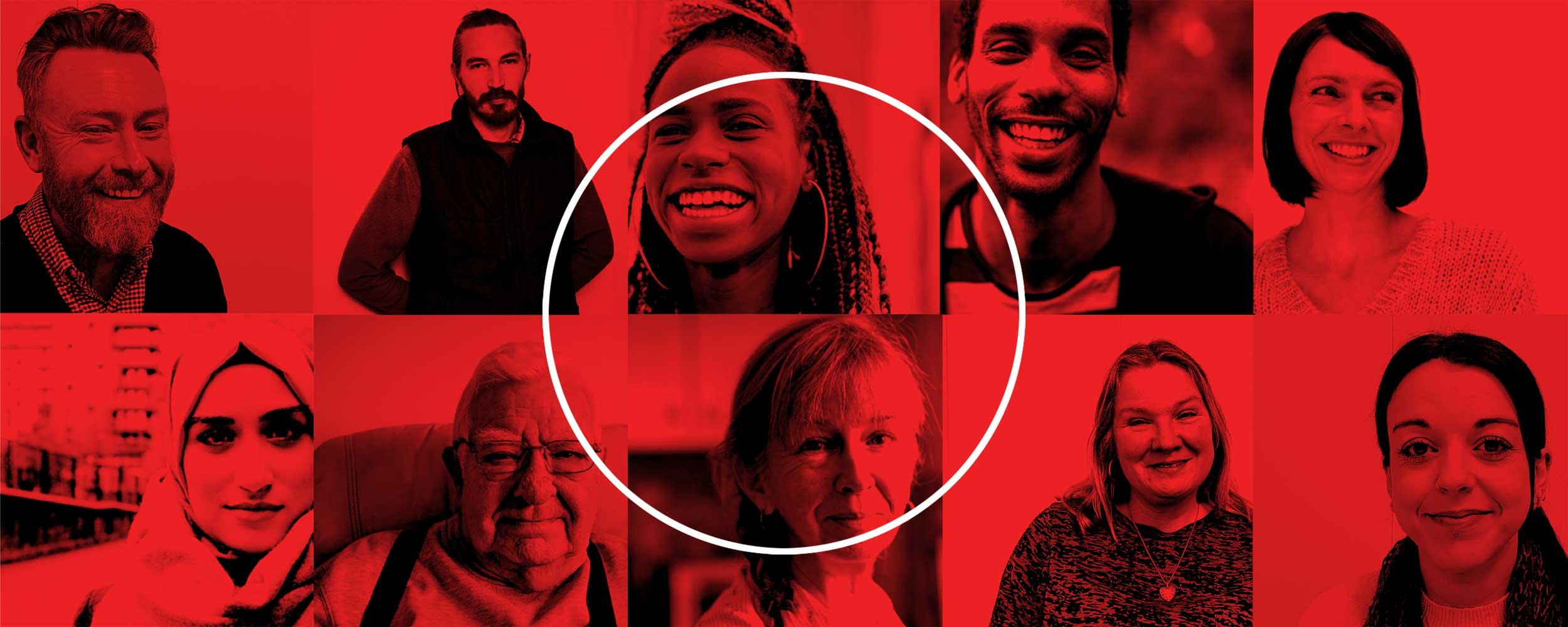
Convictions, substance use and workplace stigma
I have been involved with Phoenix Futures for nearly four years. I began my journey into recovery with the Essex Alcohol Recovery Community (ARC) after being referred as someone involved with the justice system who also had additional support needs.
Throughout my treatment, I took several courses, including Preparation for Change, Motivational Enhancement, and Relapse Prevention. My keyworker, Hannah, suggested I might like to volunteer for Phoenix. I was approachable and chatty, and I could draw on my lived experience to offer support and advice to others.
I completed the Peer Mentor and Volunteer training, which I thoroughly enjoyed, and was eager to get involved with at Portal House. The team was terrific, and I felt fully supported in my role as a Peer Mentor.
What I didn’t anticipate was the stigma I would encounter from my ‘old’ profession when I tried to re-enter the workplace. It turns out that when applying for jobs after spending time focusing on recovery, if one’s DBS isn’t ‘clean’, you’re not even selected for an interview—regardless of circumstances and without any conversation.
As a professional woman, I felt I had no choice but to leave my previous career path. I wasn’t ready to talk about my journey or explain the ins and outs of where I had been to the community of people I had worked alongside for over 20 years—and I certainly wasn’t about to admit to having a conviction. Was this self-imposed stigma? Perhaps. But I also anticipated the reaction I would likely face.
I thoroughly enjoyed my time as a Peer Mentor. I built up my confidence and rediscovered my passion for teaching and supporting others. I felt part of something again. During this time, I realised this was the new path for me: being a member of the Phoenix community.
I began to look for jobs, and one opportunity came up for a role in another organisation, but through Phoenix Futures. The job required someone with lived experience of the criminal justice system and substance use, so it seemed perfect for me. I applied and was offered the position.
However, my lived experience ended up preventing me from taking the role. The vetting system flagged my application with the phrase “adverse criminal activity” and refused to clear me.
Adverse criminal activity. One offence in my entire life. A 12-month driving ban. That was it. That one mistake—made when I was deep in addiction and struggling with poor mental health—suddenly defined me as “an adverse criminal.”
The irony is that my lived experience was one of the job requirements. Yet the system that asked for lived experience rejected me because of it. Managers at Phoenix challenged the vetting outcome but the process was bureaucratic and laborious, with frustration I withdrew my application as I felt that I didn't want to work for an organisation that didn't truly value the part lived experience plays in recovery... Had I not had the support from Phoenix to rebuild my life and confidence, that label would have crushed me.
Many people talk about stigma when entering addiction treatment services. But as a professional woman, I found the stigma was far worse afterwards. I am now a passionate advocate for authentic lived experience—not just tokenistic representation that fits neatly into a box.
It’s a win-win: for the person with lived experience, it’s support and recognition of their determination to move forward positively. For the provider, it’s an untapped source of knowledge and strength—an employee who has already overcome one of life’s toughest battles.
Since that negative experience, I have gone on to become a Client, Peer Mentor, and Service Coordinator within Phoenix’s Essex services.
Sasha
Client, Peer Mentor, Service Coordinator
“The irony is that my lived experience was one of the job requirements. Yet the system that asked for lived experience rejected me because of it.”
